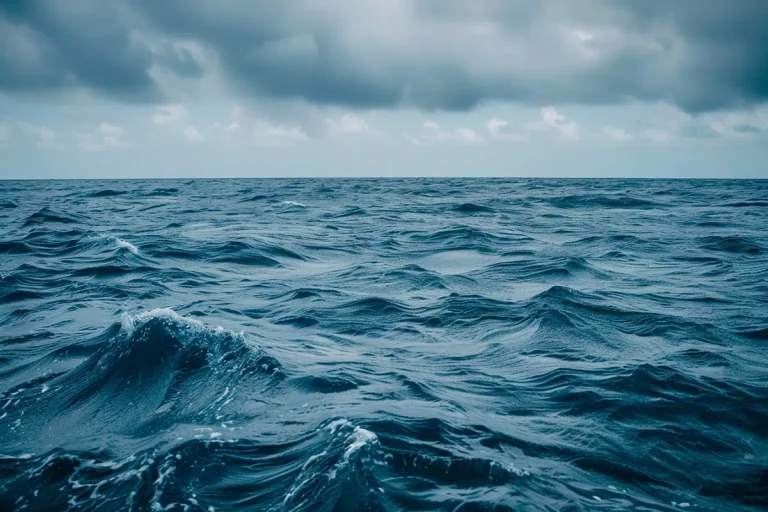In the race towards a sustainable future, energy storage is emerging as a critical piece of the puzzle. BaroMar, an innovative energy storage company, is poised to shake up the industry with its groundbreaking approach: seabed batteries. These batteries, utilizing the pressure of deep seawater, offer a cheaper and more efficient solution to stabilize renewable energy on a grid scale.
The global shift towards zero-carbon energy sources like solar and wind power is gaining momentum, with ambitious targets to achieve net-zero emissions by 2050. However, the intermittent nature of renewable energy poses challenges for maintaining a stable and reliable power supply. To address this, efficient energy storage systems are essential to store excess energy during peak production periods and release it during high demand or low renewable output.
BaroMar’s solution involves a novel application of compressed air energy storage (CAES) technology, leveraging the natural pressure of deep ocean water to store energy. Traditional CAES systems compress and store air in underground reservoirs, requiring costly infrastructure and maintenance. In contrast, BaroMar’s seabed batteries utilize large concrete and steel tanks submerged in coastal waters, filled with rocks to weigh them down.
The process begins with filling the tanks with seawater, which permeates through water-permeable valves. When energy needs to be stored, air is pumped into the tanks through hoses, displacing the water and compressing the air. This compressed air is then released to power turbines and generators when energy is required, driving a thermal recovery system and turbo expander to generate electricity.
Jacobs, a leading engineering firm, has partnered with BaroMar to develop and implement this innovative technology. The pilot project, set to be installed in Cyprus, aims to achieve a round-trip efficiency of 70%, comparable to traditional CAES systems. While the initial energy storage capacity of the pilot project is modest compared to existing facilities in China, the scalability and cost-effectiveness of seabed batteries hold great promise for widespread adoption.
Despite its potential benefits, implementing seabed batteries poses unique challenges. Designing and deploying infrastructure to operate underwater requires extensive feasibility studies and geotechnical surveys to ensure long-term reliability and durability. However, this new approach could revolutionize energy storage, offering a more affordable and scalable solution for cities worldwide.
The advantages of seabed batteries extend beyond cost savings. This innovative technology minimizes environmental impact and reduces reliance on traditional energy sources by utilizing natural resources like seawater pressure. Furthermore, its scalability allows for adaptation to varying energy demands and geographical locations, making it an attractive option for regions transitioning to renewable energy.
As the world transitions towards a sustainable energy future, solutions like seabed batteries offer hope for achieving ambitious climate targets. BaroMar’s pioneering efforts represent a significant step forward in the quest for efficient and accessible energy storage, paving the way for a greener and more resilient global energy infrastructure.
The development of seabed batteries marks a transformative moment in the evolution of energy storage technology. With the potential to revolutionize grid-level energy storage, these innovative systems offer a glimpse into a future powered by renewable energy sources, where sustainability and affordability go hand in hand.


